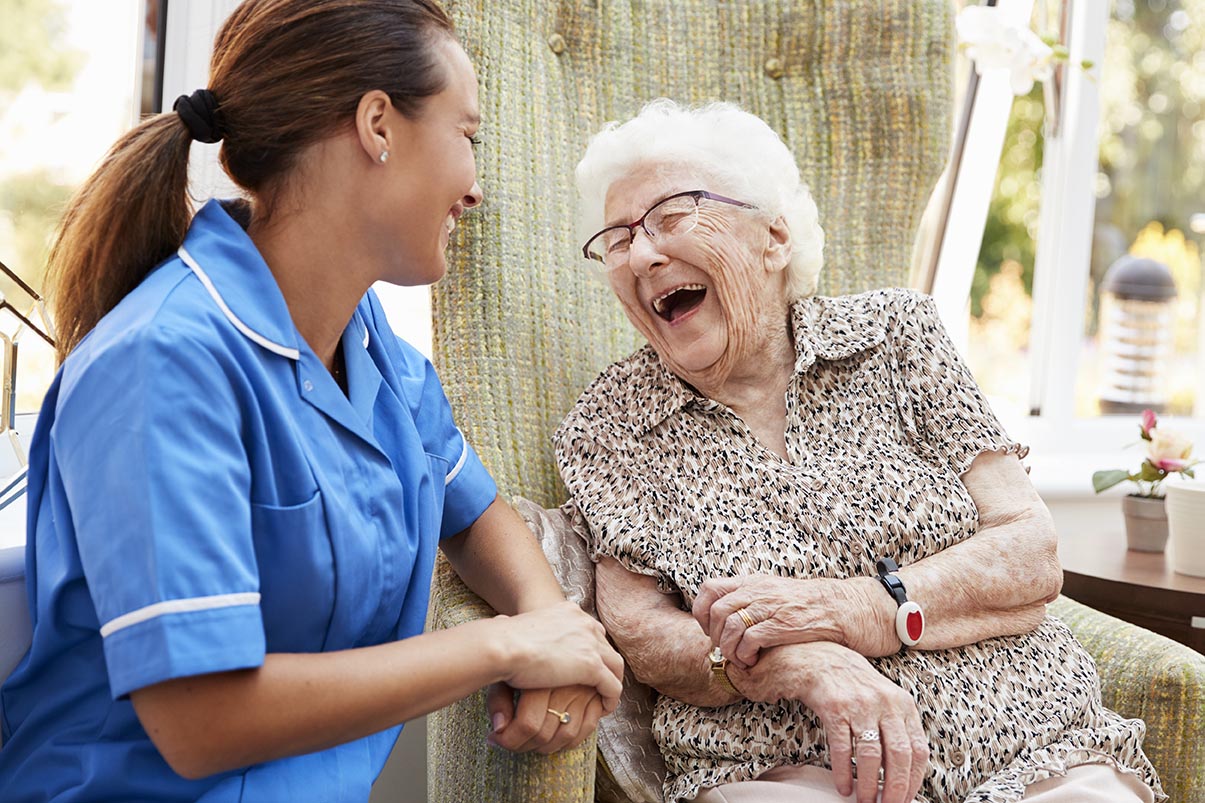
THE HUMAN SKIN
The human skin is the outer covering of the body and anatomically, the body’s largest organ. When the skin is healthy, its layers work effectively to protect the body. But when it’s compromised, the skin’s ability to work as an effective barrier is hindered. The skin is one very important part of the human body that it reflects both man’s age and health conditions.
The skin performs many functions in the body. Its most important role is being the first line of defense between our bodies and the outside world, protecting us from bacteria, viruses, pollution and chemical substances in our environments. The skin also helps to regulate body temperature, control moisture loss and maintain fluid balance. It also acts as a barrier and shock absorber, recognizes pain sensations to alert us to danger, and protects us against the sun’s harmful ultraviolet (UV) rays.
However, many factors have been identified to be militating against the proper functioning of our skin. These include : genetic factors, hormonal factors, aging, and health conditions such as diabetes.
SENIORS AND THEIR SKIN HEALTH
As we grow older, our skin changes. It becomes thinner, loses fat, and no longer looks as chubby and smooth as it used to be. The veins and bones become more obvious from underneath the skin. Scratches, cuts, or bumps can take longer to heal. Staying in the sun or exposure to the sunlight for a long time may lead to dryness, wrinkles, age spots, and even cancer.
CAUSES OF SKIN HEALTH CHALLENGES IN THE ELDERLY
It is very important that the skin of the elderly is properly and consistently taken care of as they are more susceptible to skin infections and skin diseases. This is because as we age, our bodies undergo several biological changes. These changes affect how our bodies work and react. Skin becomes less supple, thinner and dryer as we age. It also becomes easily injured and heals more slowly. As a result of this, seniors are liable to skin problems ranging from itching, scaling and mild dryness to serious skin conditions such as infection and ulcerations.
A severe skin infection or non-healing wound in the elderly can be very serious and worse still, fatal. Sun exposure is the most common cause of pre-cancers and skin cancer. Not taking in enough fluids can also cause skin health challenges for the elderly. Staying in very dry air can also result in skin health challenges. Other causes may include smoking, feeling stressed, losing sweat and oil glands, etc.
COMMON SKIN CONDITIONS OF THE SENIORS
A number of cases of elderly skin conditions have been identified. Some of them are :
-
SENILE PURPURA
These are the purplish spots that appear most often on the arms and legs. This is due to the fact that the skin and the blood vessels become more fragile as we age, making it easier for the skin to bruise from minor trauma.
-
STASIS DERMATITIS
This is more common in elderly women than men. It is characterized by dry, itchy skin.
-
EXFOLIATIVE DERMATITIS
This is a more severe form of dermatitis than stasis dermatitis, and it is characterized by excessive peeling and shedding of skin. It is of particular concern in the elderly because the severe itching can lead to infections.
-
SKIN INFECTIONS OR INFESTATIONS
Bacterial infections and parasitic infestations such as scabies or ringworm are common with the seniors. They mostly have this to battle with as they age.
-
VIRAL SKIN DISORDERS
The seniors are also affected by disorders such as shingles and herpes zoster.
CARING FOR THE ELDERLY SKIN
Caregivers should help the seniors to observe the following precautions in reducing likely skin infections or diseases that may result from aging.
-
You should ensure that your elderly loved one spends very limited time in the sun. He or she should always wear sunscreen and wear protective clothing before going out into the sun, even when planning to sit in a car.
-
Ensure that your loved one does not take an excessive number of showers to avoid damage and strain to the Skin. Advise your loved one against the use of very hot and steamy water. Your loved one should also use mild soap for shower or bath and mild moisturizer to keep the skin hydrated.
-
You should help your loved one to maintain proper nutrition and hydration. Their meal should contain the right proportion of vitamins needed to improve their healthy skin to avoid skin infections. You should also ensure they take in enough fluids to stay hydrated especially when it is hot outside.
-
Ensure to change your loved one’s clothes, beddings, and sanitary products regularly, especially if he or she is bedridden.
-
You should also ensure that your loved one visits a dermatologist regularly, obey doctor’s orders and medications are given in appropriate doses at the appropriate times
-
Advise your loved one to abstain from smoking cigarettes and cigars and excessive consumption of alcohol.
CONCLUSION
Skin problems are common in old-age. The seniors are the most vulnerable as their bodies undergo several biological changes. Skin diseases have made some of our seniors home-ridden. Some are already depressed that they have to self-isolate. This isolation in most cases result in suicide. Hence, the need for families and caregivers to stand up and bridge that gap now. The elderly should be shown love and care and they should not be made to feel unwanted irrespective of their health conditions.

